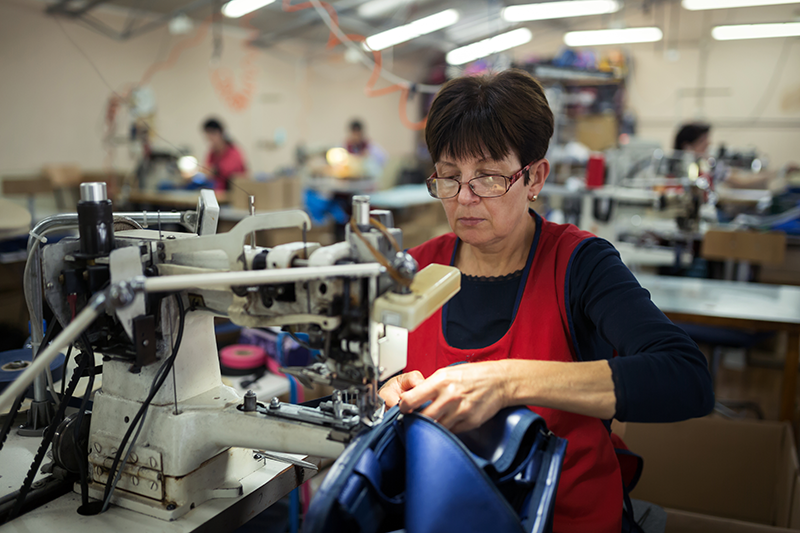
Pay and income
Pay and income are central to employment relations and quality of life. The issue has received even more attention at EU level due to crisis-inflicted developments in the economy and in society as a whole.

Eurofound reports on various aspects of pay and income in light of changing economic circumstances across Europe.
Eurofound research brings together a range of information on pay. The regular nature of reporting generates a longer series of observations on collectively agreed pay, so that trends can be monitored. Eurofound publishes regular reports on statutory minimum wages and collectively agreed pay. It also monitors national-level developments in relation to wage-setting mechanisms, equal pay, variable pay, low pay and the gender pay gap.
Working life country profiles contain information on pay at national level and are regularly updated.
Eurofound's European Jobs Monitor (EJM) assesses shifts in employment by job, according to various qualitative measures including pay. In particular, it contributes to our knowledge on the phenomenon of employment polarisation – that is, the extent to which employment growth is likely to be greater at the top and bottom of the wage distribution than in the middle.
In light of the discussion around pay discrimination and equal pay in the EU, Eurofound research looks at the issue of pay transparency, including measures to promote gender pay transparency in companies and experiences in different Member States.
Eurofound’s surveys also monitor pay conditions in the EU. Pay is central to Eurofound’s research in assessing quality of work. In the European Working Conditions Survey (EWCS), earnings is one of seven indicators of job quality. The EWCS also reports on the gender pay gap. Explore the EWCS data explorer.
The European Quality of Life Survey (EQLS) monitors the impact of income on living standards and how income inequality is related to social cohesion and well-being. It analyses how the crisis has affected families, looking at low-income families, household debt and those groups at risk of poverty. The EQLS also gathers information on income in retirement and options for extending working lives. Explore the EQLS data explorer.
The European Company Survey (ECS) captures the use of variable pay schemes in establishments, as well as the coverage of the employees in those establishments by collective wage agreements. The survey allows to link the information on variable pay and wage bargaining with information on work organisation, human resource management, direct employee participation and social dialogue, as well as with performance and workplace well-being.
Eurofound also looks at the issue of wages as a key aspect of inclusive labour markets. Research explores the concept of a living wage, which differs from statutory minimum wages or minimum income schemes. The research investigates how this has been implemented or advocated as a means to provide an adequate income allowing a decent standard of living and full participation in society.





The European Pillar of Social Rights sets out the EU’s commitments on wages: the right of workers to fair wages that provide for a decent standard of living; ensuring adequate minimum wages; preventing in-work poverty.
Following a proposal by the European Commission in October 2020, the European Parliament and Council of the EU adopted a new Directive on adequate minimum wages on 19 October 2022. It aims to reduce in-work poverty, promote collective bargaining on wages and increase access to minimum wage protection.
On 30 January 2023, the Council adopted a Recommendation on adequate minimum income ensuring active inclusion.
To strengthen the principle of equal pay for work of equal value between men and women, the Council adopted a new Directive on pay transparency on 24 April 2023. The directive aims to tackle pay discrimination and help close the gender pay gap in the EU.

